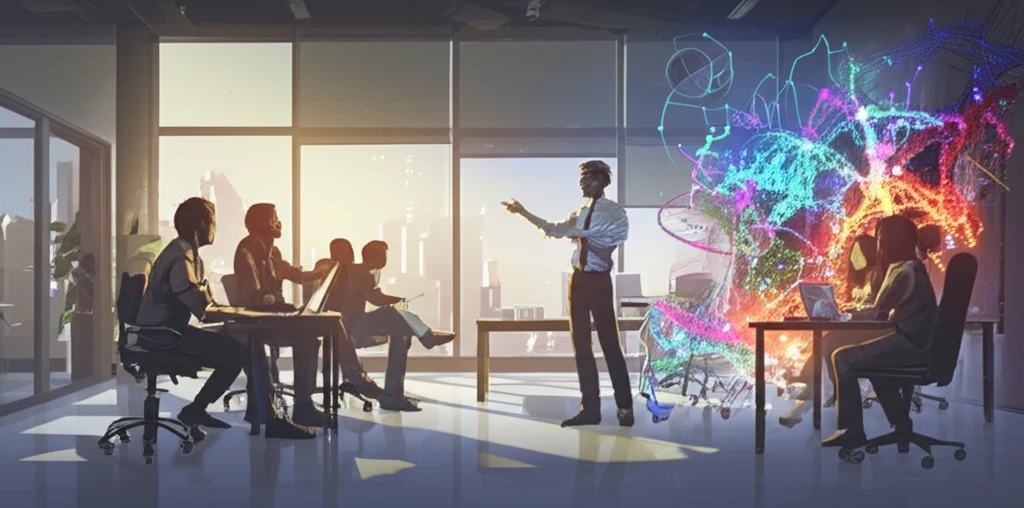
From Sage to Guide: Can Lecturers Embrace the Art of Facilitation?
"Unlocking Student Potential: A Guide for Higher Education"
In the dynamic landscape of higher education, the traditional role of a lecturer as a dispenser of knowledge is evolving. Today, there's a growing call for lecturers to embrace facilitation – guiding students to discover, learn, and create knowledge themselves. This shift is particularly crucial in preparing students for a world that demands critical thinking, problem-solving, and collaborative skills.
Facilitation goes beyond simply imparting information. It's about creating an environment where students actively participate, share ideas, and take ownership of their learning journey. Instead of passively receiving lectures, students engage in discussions, projects, and activities that foster deeper understanding and skill development. Facilitators nurture a sense of community where diverse perspectives are valued and conflicts are resolved constructively.
However, this transition isn't without its challenges. Many students, accustomed to traditional teaching methods, may find it difficult to adapt to a facilitator-led environment. Lecturers themselves may encounter obstacles in implementing facilitation techniques effectively. This article delves into these challenges and explores strategies for lecturers to successfully navigate the shift to facilitation, empowering students to thrive in their academic pursuits and beyond.
Why Facilitation Matters: Empowering Learners for the Future

Traditional teaching often positions students as passive recipients of information, limiting their active participation and critical thinking skills. Facilitation, on the other hand, empowers students to take control of their learning. By encouraging them to explore, discuss, and collaborate, facilitation fosters a deeper understanding of the subject matter and develops essential skills for future success.
- Think critically and solve problems creatively
- Communicate effectively and collaborate with others
- Take initiative and be responsible for their own learning
- Adapt to new situations and embrace lifelong learning
- Develop a sense of community and respect for diverse perspectives
Embracing Facilitation: A Call to Action
The shift from traditional teaching to facilitation requires a commitment from lecturers to adapt their approaches and create a more engaging and empowering learning environment for their students. By understanding the challenges and implementing practical strategies, lecturers can unlock the full potential of their students and prepare them for success in a rapidly changing world. Embrace facilitation – and empower the next generation of thinkers, innovators, and leaders.
